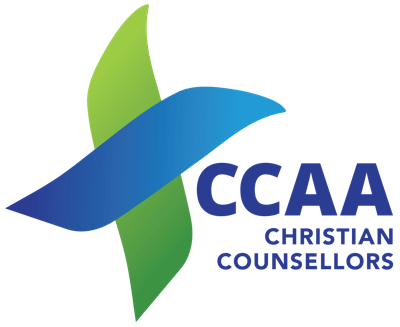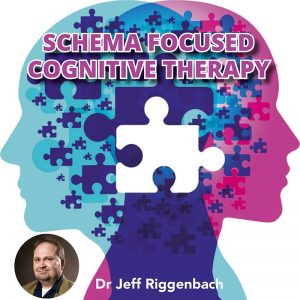Schema related treatment approaches have been shown to be effective for a variety of difficult to treat conditions. However, the long-term nature of pure schema therapy is not a fit for all clients in all settings. Thus, many professionals find themselves scratching their heads for effective alternatives to more quickly meet the needs of a segment of their caseloads.
Most practitioners are familiar with standard CBT which offers a variety of tools and techniques helpful for managing symptoms. But few are versed in the deeper schema-level work that is necessary for truly treating the most challenging conditions seen in the clinical setting.
Schema modification treatments offer a refreshing hybrid between dynamic, insight-oriented
approaches and evidence-based cognitive behavioural therapy, incorporating attachment theory, psychodynamic concepts, and emotion-focused techniques as well. Also, in comparison to traditional CBT, Schema-Focused Therapy emphasizes identifying and changing lifelong
patterns, and utilises the therapeutic relationship in a powerful way to leverage deeper level
change, making it particularly well suited for complex, resistant clients with entrenched, chronic psychological challenges.
Schema-based techniques have proven themselves capable of modifying underlying meaning at “the root” of client’s presenting problems without sacrificing practical “here and now”
interventions. Join internationally known and three-time bestselling author Dr. Jeff Riggenbach
as he leads us in this highly engaging online course, offering unique insights from a Christian
perspective along the way.
Learning Objectives
-
Understand the Relationship between SFCT and other common treatment approaches
-
Learn the 18 Maladaptive Schemas, which ones are most prevalent in the Christian
community, and ways to leverage them to promote recovery -
Demonstrate understanding of the 3 specific ways schemas are maintained and strengthened
-
Acquire insight into the role schemas play in information processing and driving problem
behaviours
-
Utilize behavioural pattern-breaking to long-standing cycles of destructive behaviour
-
Understand the three stages of schema change
-
Incorporate Schema mode work into your individual and group sessions.
Please login or purchase before viewing
This content must be purchased before you can view it. If you have already purchased, please login using the link below. Otherwise, please purchase using the product links at the bottom of the recording details. Once you have purchased you will be able to view at any time by using your email and the password you will be given by the system, entering them into the login below. If you do have a coupon for viewing these items, you still are required to go through the purchase process where you will use your coupon.


